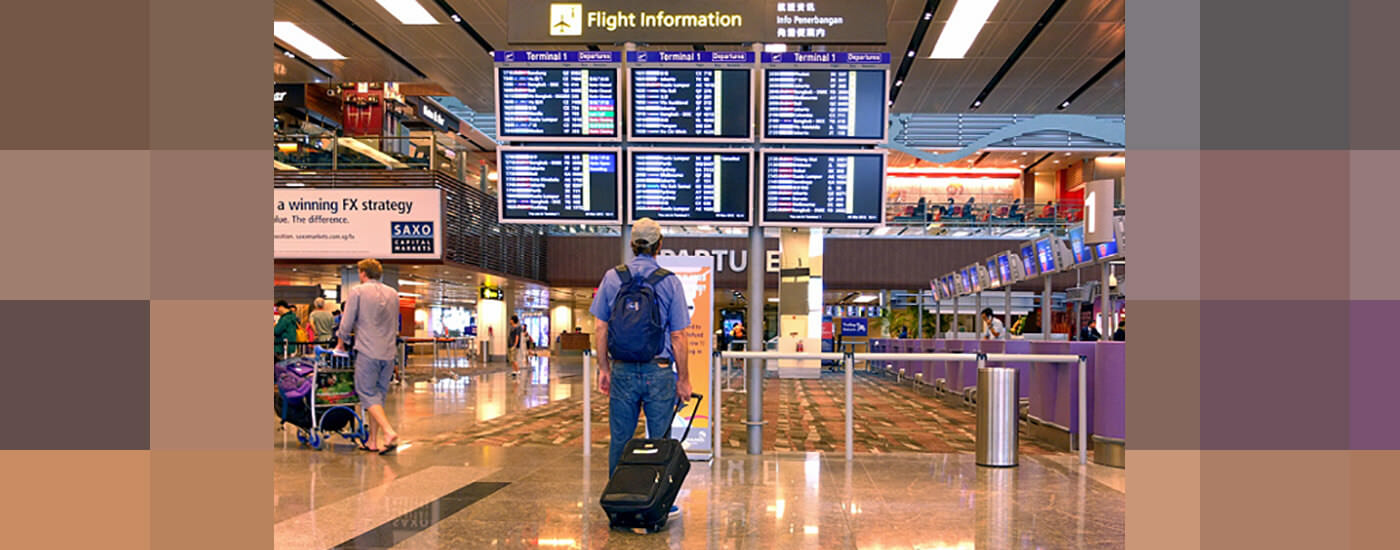US DOT Officially Requires Closed Captioning on Airport TVs
Updated: June 3, 2019
Last week, the United States Department of Transportation (DOT) issued a ruling that requires closed captioning on all televisions in US airports that receive federal funding and experience at least 10,000 flights annually.
Air travelers are familiar with captioned news programs playing on TV screens in gate areas. This DOT ruling makes it mandatory for those televisions to display closed captions — but the rule extends far beyond that.
All public-facing audio-video displays must include captions, whether they are at the ticket counters, security area, gates, lounges, restaurants, or airport shops.
The ruling dictates that:
Airport operators will be required to enable or ensure high-contrast captioning at all times on televisions and other audio-visual displays capable of displaying captions located in any gate area, ticketing area, first-class or other passenger lounge provided by a U.S. or foreign carrier, or any common area of the terminal to which passengers have access.
In the case of televisions and other audio-visual displays located in space leased by a shop or restaurant, the airport operator is obligated to ensure by contract or other means that the shop or restaurant enables the captioning feature on its televisions and other audio-visual displays in a manner that meets this obligation.
This ruling amends the Department of Transportation’s compliance with Section 504 of the Rehabilitation Act of 1973, which requires accessibility standards for entities receiving federal funds.
In additional to closed captioning, the ruling requires that airports provide sufficient facilities for service animals.
The ruling, which was in development for nearly 4 years, goes into effect on October 5, 2015. After that date, airport operators will have 30 days to comply.
Further Reading

Subscribe to the Blog Digest
Sign up to receive our blog digest and other information on this topic. You can unsubscribe anytime.
By subscribing you agree to our privacy policy.





